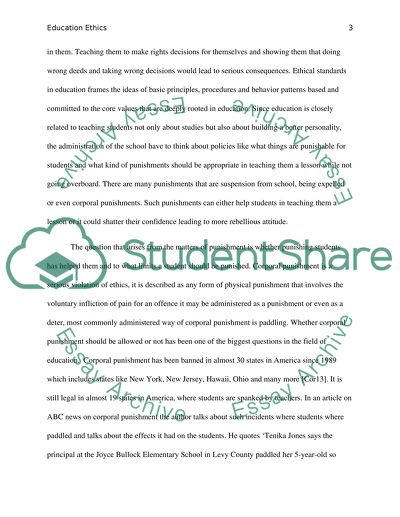Cite this document
(“Ethics Dealing between Principles of school and Teachers Research Paper”, n.d.)
Ethics Dealing between Principles of school and Teachers Research Paper. Retrieved from https://studentshare.org/education/1481043-ethics-dealing-between-principles-of-school-and
Ethics Dealing between Principles of school and Teachers Research Paper. Retrieved from https://studentshare.org/education/1481043-ethics-dealing-between-principles-of-school-and
(Ethics Dealing Between Principles of School and Teachers Research Paper)
Ethics Dealing Between Principles of School and Teachers Research Paper. https://studentshare.org/education/1481043-ethics-dealing-between-principles-of-school-and.
Ethics Dealing Between Principles of School and Teachers Research Paper. https://studentshare.org/education/1481043-ethics-dealing-between-principles-of-school-and.
“Ethics Dealing Between Principles of School and Teachers Research Paper”, n.d. https://studentshare.org/education/1481043-ethics-dealing-between-principles-of-school-and.


